INTERVIEWS
Barb Toews
Interviewer: Greg Labrosse
Language of interview: English
Country of practice: United States
Profession: Associate Professor of Social Work and Criminal Justice
Barb Toews is a sociologist and Associate Professor of Social Work and Criminal Justice at the University of Washington at Tacoma. She is on the board of directors at Designing Justice + Designing Spaces, and has extensive experience in restorative justice practices and prisoner advocacy in diverse places across the United States. According to Toews, her work is firmly centred in restorative practices, but has recently moved in the direction of transformational justice, working towards, abolition, dismantling racial oppression and mass incarceration.
During our conversation, Toews describes how her work began having a spatial focus around 2000, when she worked in prisoner advocacy, which resulted in working towards the design of restorative justice spaces. She started looking at the relation of architecture and justice spaces, and decided to focus her doctoral research on spatial questions around these matters. According to Toews, she has increasingly thought about focusing spaces of restorative justice on the concept of accountability, and the design of more human spaces that are survivor-oriented. Currently, she is interested in building restorative justice infrastructure with communities, which includes the exploration of the role of food and objects of comfort (blankets), in creating welcoming spaces for people who have experienced trauma.
Lastly, Toews describes the lack of political will to address systemic racism and the root of inequality, and how the carceral system in the United States is intimately linked to slavery and the marginalisation of people of colour. She encourages people to use their agency to change spaces themselves, to make them more human. She then recommends that people who are starting to work in the field of restorative justice should ask themselves the following question: “what kind of space would I like to be in when I need to have a difficult conversation with someone?”
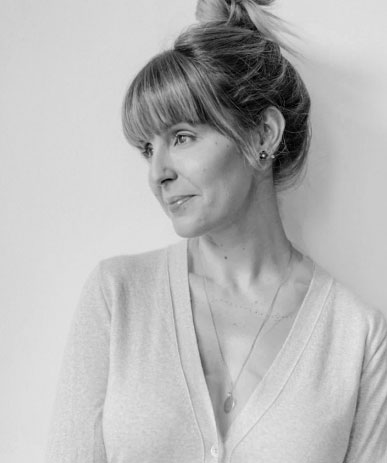
is an author, speaker, columnist, and podcaster in the fields of architecture and decorative arts. She is completing her MA in Art History at Concordia University, Montréal, and holds a Bachelor of Commerce with a major in Marketing from John Molson School of Business. She studied Industrial Psychology in Los Angeles, California. Sicotte is the author of two published books on design (2015, 2018) published by Les Éditions Cardinal.
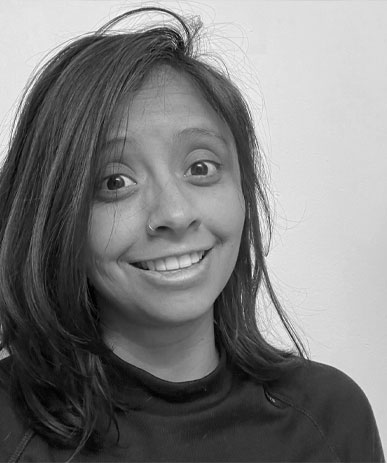
is a Colombian PhD candidate in the Department of Art History at Concordia University. She has a background in architectural design and community activism and holds a master’s degree in Building and Urban Design from the Bartlett School of Architecture in London, England. Her interests focus on socially-engaged art, social movements, collaborative activism in post-conflict scenarios, collectively-produced art, and art produced in relation to the built environment.
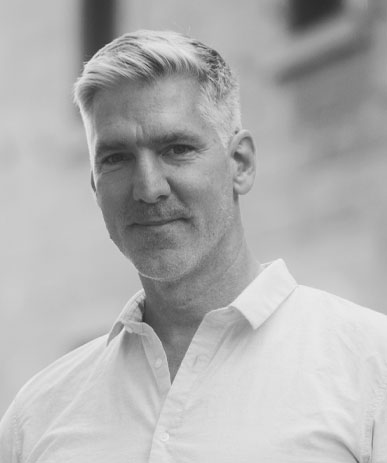
is a PhD candidate in Humanities at Concordia University. His research focuses on spatial agency, social aesthetics, youth narratives, and graphic representations of urban memory. He has published on the relationship between children, play, and public space in Cartagena, Colombia. He has also worked as an editor on literary projects, including Territorio Fértil, which received the María Nelly Murillo Hinestroza award for Afro-Colombian literature.
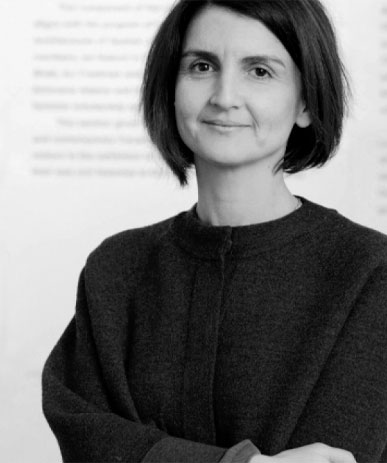
is Associate Professor and Canada Research Chair in Architectures of Spatial Justice (Tier 2) at the Peter Guo-hua Fu School of Architecture at McGill University, Montréal, Québec, Canada. Her research interests include low-income housing and participatory design, civil protest and urban design, and campus landscapes and race. Her publications include the co-edited book, Orienting Istanbul (2010) and solo-authored book, Istanbul Open City (2018).
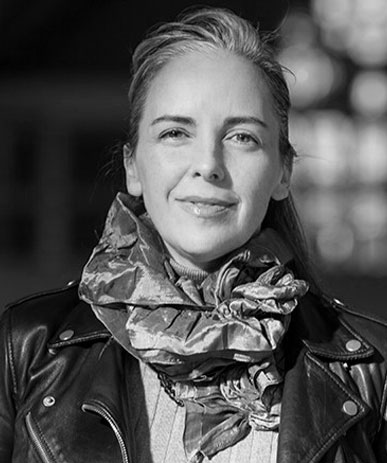
is an artist and a professor of Art History at Concordia University. Her work focuses on women and the history of the built environment, urban landscapes, research-creation, and oral history. She has published on the spatial history of the suffrage movement, public art, gardens, and the politics of urban change. In addition to her research on the spaces of restorative and transitional justice, she is leading an oral history project on the urban memories of diverse Montrealers.
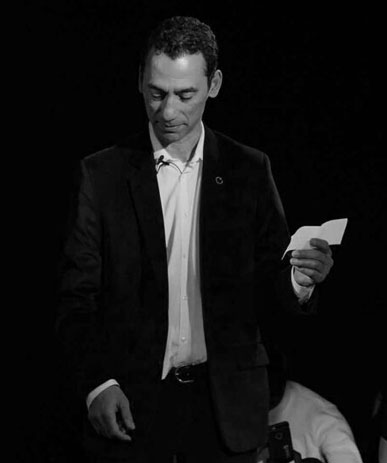
is Associate Professor in the Department of Theatre at Concordia University, Montreal (Quebec, Canada). He is also the second co-director of Concordia’s Centre for Oral History and Digital Storytelling. His latest publications explore listening in the context of post-conflict performances of memory. For instance, see ‘Facilitating voicing and listening in the context of post-conflict performances of memory. The Colombian scenario.’ In: De Nardi, S., Orange, H., et al. Routledge Handbook of Memoryscapes. Routledge: London. (2019), and his article ‘Not being able to speak is torture: performing listening to painful narratives’. International Journal of Transitional Justice, Special Issue Creative Approaches to Transitional Justice: Contributions of Arts and Culture. (March, 2020)